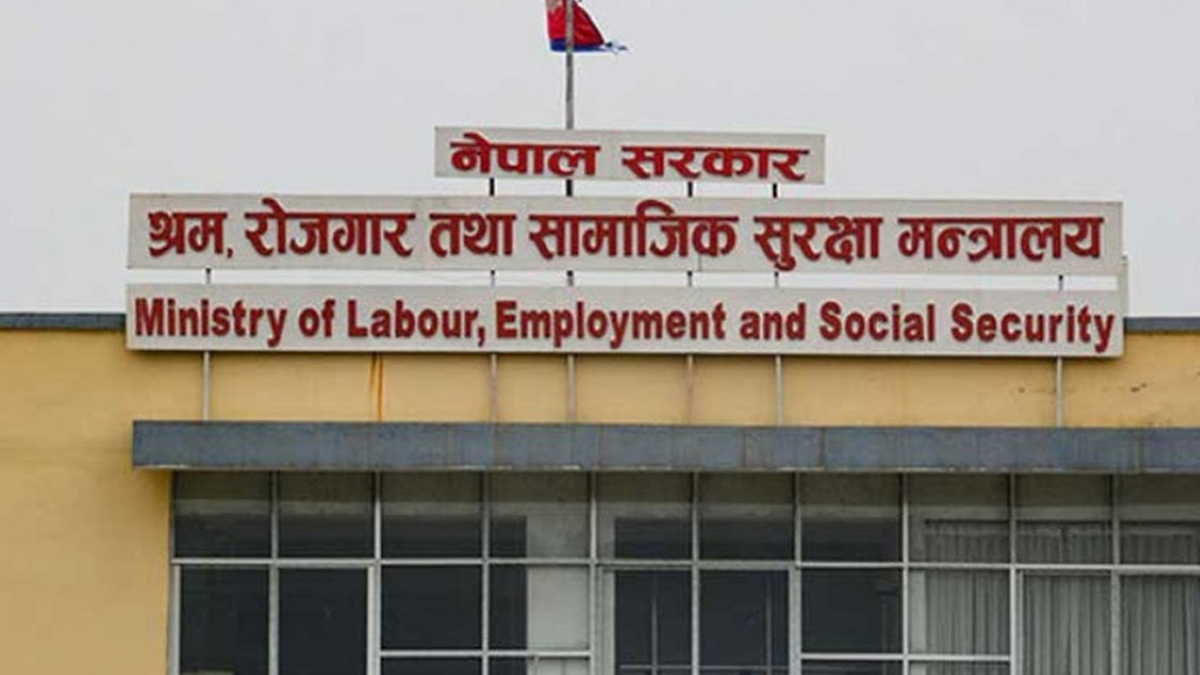
Labor Ministry Orders Recruitment Firms to Refund Rs 5 Billion to Youths Over Cancelled South Korea Job Scheme

Recruitment companies in Nepal have been instructed to refund nearly Rs 5 billion collected from youths, promising them job opportunities in South Korea, following the cancellation of the E-7 visa work procedure. The scrapped procedure had previously allowed recruitment agencies to send workers to South Korea, deviating from the traditional government-to-government Employment Permit System.
The E-7 visa work procedure, introduced by the former Minister for Labor, Employment and Social Security, Sharat Singh Bhandari, was recently overturned by the new Labor Minister, DP Aryal. The change has prompted more than 4,000 affected youths to seek refunds, with each having paid approximately Rs 1.7 million.
Minister Aryal, addressing the issue, revealed that the recruitment efforts were not limited to South Korea but also included potential job placements in Israel and the Seychelles. Aryal noted, “We are studying the matter deeply. It has come to our attention that significant amounts have been collected from youths under promises of overseas employment, which is concerning.”
The Ministry of Labor, Employment, and Social Security has reported that recruitment agencies capitalized on the now-defunct procedure to secure work demand letters for 15,000 workers for Israel and the Seychelles, endorsed by the related agency. The Department of Foreign Employment even provided pre-approval for these demand letters, raising questions about its due diligence process.
In light of these findings, Aryal has called for written explanations from the Director General and other officials involved in the pre-approval of the job demands. Meanwhile, Govinda Rijal, the spokesperson for the ministry, emphasized the mechanism for refunds, stating, “Recruitment companies are bound by their license conditions, which include deposit requirements ranging from Rs 20-50 million. If youths file complaints and provide proof of payment, these deposits will be used to ensure refunds.”
The decision to refund the recruitment fees aims to protect the rights and financial interests of Nepali youths aspiring for overseas employment, as the government reassesses its policies on labor export and recruitment agency regulations.












Comments